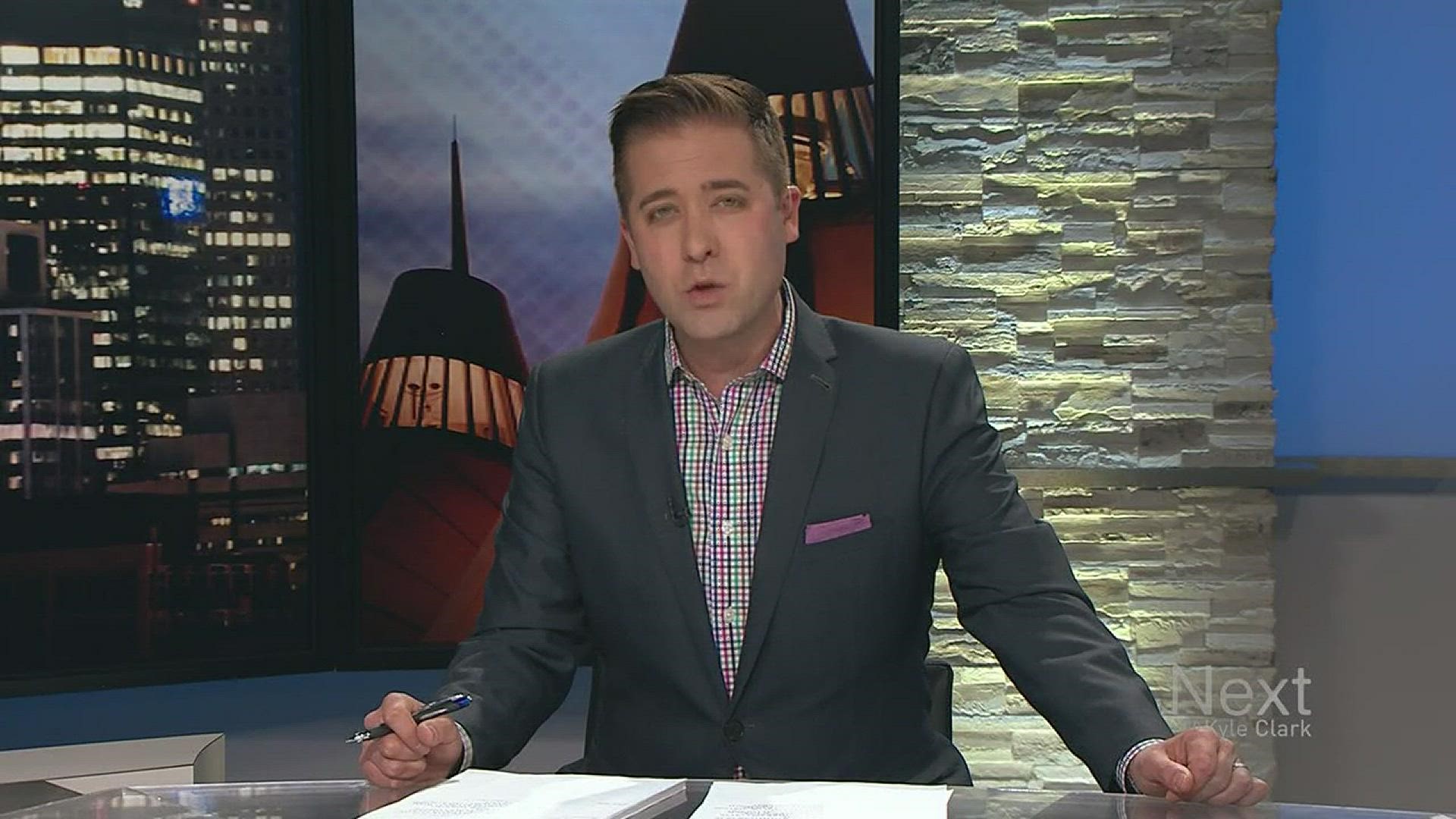The U.S. Department of Education is set to roll out rule changes that will dramatically change how universities and colleges address allegations of sexual assault on campus.
The most significant change will allow the accused to cross examine their accusers. If the proposed rules become policy, they will upend a system that broadly shelters accusers, in part to encourage them to report campus sexual assaults and protect them from retraumatization.
Education Secretary Betsy DeVos could release the new rules as early as this week or by Thanksgiving, according The Washington Post.
The rules would limit liability to universities and allow them to use a higher standard when assessing sexual assault claims.
Obama administration guidelines sought to limit interactions among accusers and the accused during the investigative phase of a sexual assault case. Those guidelines discouraged the practice of cross examination, arguing it could be traumatic for victims.
The new rules will allow cross examination, but in a controlled setting. Lawyers or other representatives of the accused would conduct the cross examination, not the accused. Accusers can request to be cross examined in a different room apart from the accused. According to The Post, the rules will bar asking about an accuser’s sexual history.
CU Boulder and the University of Denver would not comment on the proposed rules, saying it would be premature to do so.
CU already allows cross examination in sexual assault cases, but accusers there do not need to opt out of a face-to-face cross examination, as they would have to under the proposed rules. At CU, during cross examination, neither party is the same room at the same time. The claimant and respondent are questioned separately.
The policy has been in place for several years, according to Valerie Simons, the CU’s Title IX coordinator. Sexual assault investigations fall under Title IX, the federal law that bars sexual discrimination on campus.
“We do allow the process of cross examination, to allow parties to present questions to be posed to the other side,” Simons told 9NEWS.
The questions are submitted to a campus equity officer, who serves as an investigator in sexual assault claims.
The equity officer compiles a written evidence summary, a draft report that is submitted to both parties for review.
The University of Denver, like CU, employs a cross examination policy for cases of sexual assault, according to Jon Stone, DU’s manager of media relations. Stone said DU does not allow face-to-face cross examinations.
At DU, a Title IX investigator will meet with the claimant and respondent separately. Each party is allowed to write a description of events that is shared with the other party. Each party can respond to the other.
If a DU Title IX investigator determines a policy violation was made, the case gets referred to a panel of students, faculty and staff. The panel will judge the case and determine consequences, if any.
At CU Boulder and DU, if a decision is appealed, an administrative review process is available to both sides. At both schools, each party, accused and accuser, has equal appeal rights. At DU, either party can make an appeal at any step of the process. CU requires appeals to filed at specified times in the appeals process.
DeVos has frequently stressed displeasure with the Obama-era guidelines, arguing they favored accusers. In a speech at George Mason University in September 2017, she referred to the guidelines as contributing to a “failed system.”
“Through intimidation and coercion, the failed system has clearly pushed schools to overreach,” DeVos said. “With the heavy hand of Washington tipping the balance of her scale, the sad reality is that Lady Justice is not blind on campuses today.”
DeVos was referring to the rights of the accused, whom she said are treated unfairly in a system that coddles accusers and victims. The new rules are designed address this perceived slight, but critics warn they will discourage victims from coming forward.
Resources:
DU Office of Equal Opportunity and Title IX – Report an incident, get help, policies and procedures
University of Colorado -- Need help with a sexual misconduct, intimate partner abuse or stalking issue?
Metropolitan State University -- To report an allegation of sexual misconduct

